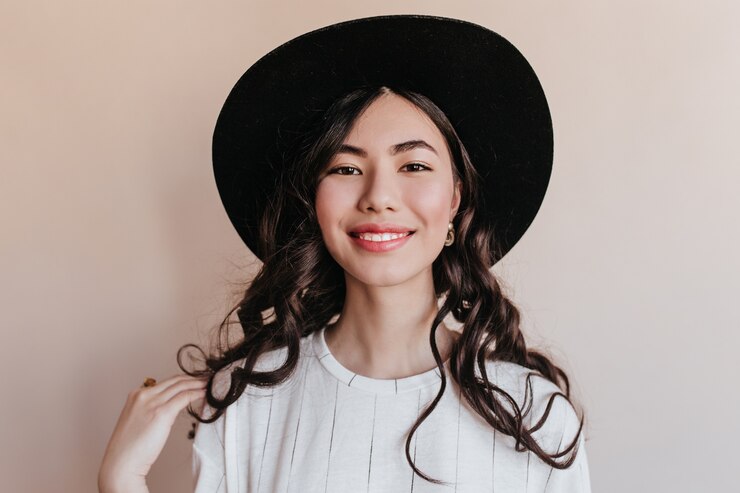Asian Marriage Through Cultural Customs and Shared Values
Asian marriage often involves rituals that vary significantly across countries and ethnic groups. For example, in Indian marriages, ceremonies like the “saat phere” (seven vows taken around a sacred fire) symbolize lifetime commitment and unity. In contrast, traditional Chinese weddings focus on ceremonies that honor ancestors and emphasize harmony, such as the tea ceremony, where couples express gratitude to their elders.
Shared family values, such as respect for elders, loyalty, and a commitment to raising children with strong moral principles, are essential aspects of Asian marriage. These values resonate deeply with those who want to marry an Asian woman, creating a sense of mutual dedication and shared perspective that shapes the marital bond.
While many traditions persist, modern Asian marriages are increasingly shaped by education, professional aspirations, and global influences. Nonetheless, the emphasis on love, responsibility, and close-knit family relationships continues to distinguish Asian marriage as both meaningful and enduring.
A Combination of Traditions and Modern Love in Marrying Asian Women
Meeting Asian brides to marry often includes engaging with their culture, which helps to build a connection based on mutual respect and curiosity. Participating in traditional events, learning about her family’s customs, or taking an interest in her language and traditions demonstrates a genuine commitment to the relationship.
Finding the best Asian woman to marry isn’t about adhering to stereotypes but building a relationship based on honesty and shared goals. Respect for individuality is crucial, as preferences and personalities vary widely. Today’s Asian women are as diverse as the cultures they represent, with some embracing traditional roles while others pursue progressive paths as career-driven individuals.



